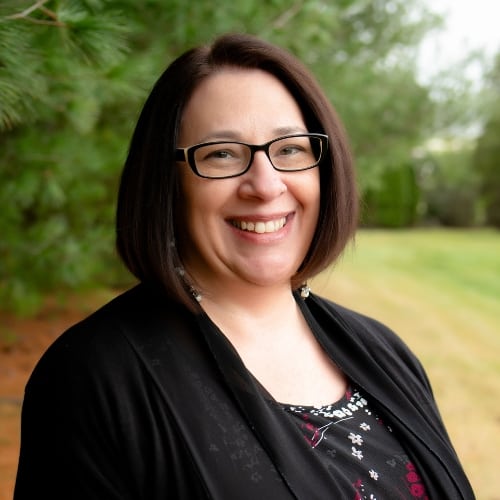It can be difficult to know where to even begin looking for counseling services in Bucks County. You google and find pages and pages of options. Too many options and no idea where to start, or who would be a good fit for you.
Bucks County has a wide range of people, cultures, and landscapes. While there is much beauty to be seen in the area, that doesn’t mean life is always beautiful for you.
We all need a little help every now and then, someone to walk alongside you as you travel your life path, to offer care and support tailored just for you.
Maybe you have been taught that asking for help, or talking about your feelings is a weakness, or that therapy is only for “crazy people.” But the truth is we all need help sometimes, we all need someone to truly see, hear, and know ourselves.
Please know that it is OK to ask for help and support.
It does not mean you are weak, helpless, or abnormal. If anything, it means you are courageous, and brave, and want changes in your life. It takes a lot of strength to face your issues, to deal with your problems and concerns in a healthy way, and to lean into painful experiences you have probably spent your whole life trying to forget. Therapy is the space you are given to do all this, and you do not have to do it alone.
You will notice I use the terms counselor and therapist interchangeably. Although there can be key differences in approaches and treatment, it is typical to see both terms used to refer to the same thing. I refer to both counseling and therapy as a process where you work with a trained professional to talk about the issues and problems you face in a safe and confidential setting to promote holistic health and well-being, enhance self-awareness, gain clarity, and resolve identified concerns in a collaborative way. It is a journey taken together to provide you with the opportunity to be seen, heard, and known.
So, how do you find the right counselor, therapist, or psychotherapist for you?
It is important for you to know a few things about counseling to help in your search for care. If this information is not readily available on their profile or website, here are some typical questions you should be asking when talking to potential therapists.
- What do they believe counseling is for?
- What is their counseling philosophy, what do they believe about the counseling relationship, and what does the counseling process look like with them?
- What are common tools, techniques, and strategies they use in the counseling process?
- What treatment modalities do they use, have been trained in, seen success with?
- What is their background, education, and credentials?
- Who do they typically work with (ages, genders, specialties, individuals, couples, etc.)?
- What is their payment policy, do they take insurance, or provide invoices, how are payments accepted?
- Is there anything they feel they cannot effectively treat and who would they refer to?
- What should you expect the work of therapy to look like? In and outside of the session?
Other things to keep in mind about counseling:
Counseling should be Empowering
The counseling space is most helpful when the therapist is there to build the person up so they can make their own choices; not to take power away from the client by making choices for them. A client came to me once and asked for me “to help push them over the wall” which I could have done, but the greater gift for both of us was teaching her to find that strength from within and learn to climb the wall while I did it with her, not for her.
Counseling is about Exploring
It can be difficult for people to allow themselves to explore their deepest thoughts and emotions, their strongly held beliefs, past hurts, pain, and their spirituality, especially if they were never encouraged to or told not to. It can be challenging for people to let their guard down in counseling to explore these deeper and often darker parts of themselves. Counseling gives the opportunity for people to find and speak their silenced voices. And if they choose to, it can bring so much into the light, which is the birthplace of healing.
Counseling should be Effective in the short and long term
I have the privilege of walking alongside someone for part of their life journey. I will not be there for their entire journey. I get the honor of being in the presence of someone’s story, their pain, and healing. Counseling may only be for a certain period of time, but the experience and the tools learned can last for a lifetime.
Listen to how this client described their time with me:
“A quote comes to mind: ‘Give a man a fish and you feed him for a day; teach a man to fish and you feed him for a lifetime.’ I used to think of counseling more as someone just telling me what to do so I could be fixed. You don’t just tell me what to do so I can survive for the day. You give me tools and ask questions that are helping me learn to counsel myself and live differently for a lifetime.”
So, counseling is a place where people can explore, be empowered, and live out effective changes. If that seems like something you want or need in your life right now, please feel free to reach out to us at Life Giving Counseling Services at 267-217-3199 to start your journey with us.

